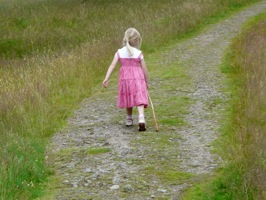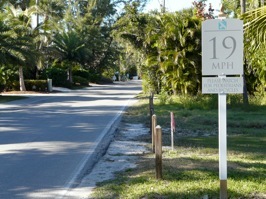The vicar in the new TV sitcom Rev is slightly less of a caricature than those we have become familiar with in the past. But he struggles with similar worldly issues, from abusive builders to colleagues with dubious driving forces.
In the opening episode the topic of church schools raised its head, with the scarcely ground-breaking but admittedly funny idea of parents using various forms of bribery to get their children through the doors.
I can hardly suggest that this does not happen, but they are not the kind of Church of England schools I am familiar with.
The hundreds of church primary schools in East Anglia, where I happen to live, are there to serve all the children in the community. They are there because historically the church wanted to educate children when no-one else was interested. And they are immensely popular precisely because of their grounding in the Christian faith, which is seen as enhancing the children’s education and providing a positive ethos for behaviour and relationships.
This is true whether the parents are Christian, secular or belonging to other faiths. In one school an inspector was told by Muslim parents that they valued their children’s Christian school precisely because it had a basis in faith. Other parents without any faith routinely say how much they appreciate the Christian ethos, because it has a beneficial effect on their children.
They feel loved, and they are optimistic about their prospects. They feel there is a reason for their existence. In stark contrast to many of their elders, they have high self-esteem.
To argue, as some have done, that all this is part of a plot to indoctrinate children is to misunderstand Christianity completely. It is not a club trying to attract more members than another club. It is an offer of love, forgiveness and spiritual completeness. It is an offer that remains open permanently and does not seek to coerce anyone. It is an offer that everyone is free to reject and remain loved.
That is what makes these schools special.
Unlucky for too long
The importance of being lucky in sport is often underestimated. We prefer to think that the best player or team always wins, but they don’t.
In tennis a bad line call can change a match; in football a wrong decision by the referee is frequently crucial; and in cricket especially batsmen are at the mercy of the umpire’s eye.
Commentators wax lyrical about a batsman who has scored a couple of hundred when he was in fact dropped on 2 and wrongly given not-out on 6. On the other hand a batsman who is mistakenly adjudged lbw for a duck has “failed again”.
The first man should really have scored 2 or 6, and the second might have gone on to a magnificent 200.
We are told that this kind of thing “evens itself out” – but does it? Maybe some brilliant players never made it because they were unlucky for too long…


